Japanese Architect Shigeru Ban Wins 2024 Praemium Imperiale for Architecture
Since its founding in 1988, the Japan Art Association has given many annual awards to practitioners in five categories: Painting, Sculpture, Architecture, Music, and Theatre/Film, which aims to recognize and appreciate all the extraordinary achievements in these fields. This year, the winners in each category received a total prize of 95,000 euros. This award is one of the highest awards among other awards in the field of art. Japanese architect and humanitarian activist Shigeru Ban was crowned the Winner of the 35th Praemium Imperiale Award for Architecture. Which was won the previous year by Diébédo Francis Kéré. Together with award winners in other fields, namely French artist Sophie Calle (Painting), Taiwanese filmmaker Ang Lee (Theater/Film), Portuguese pianist Maria João Pires (Music), Colombian artist Doris Salcedo (Sculpture).
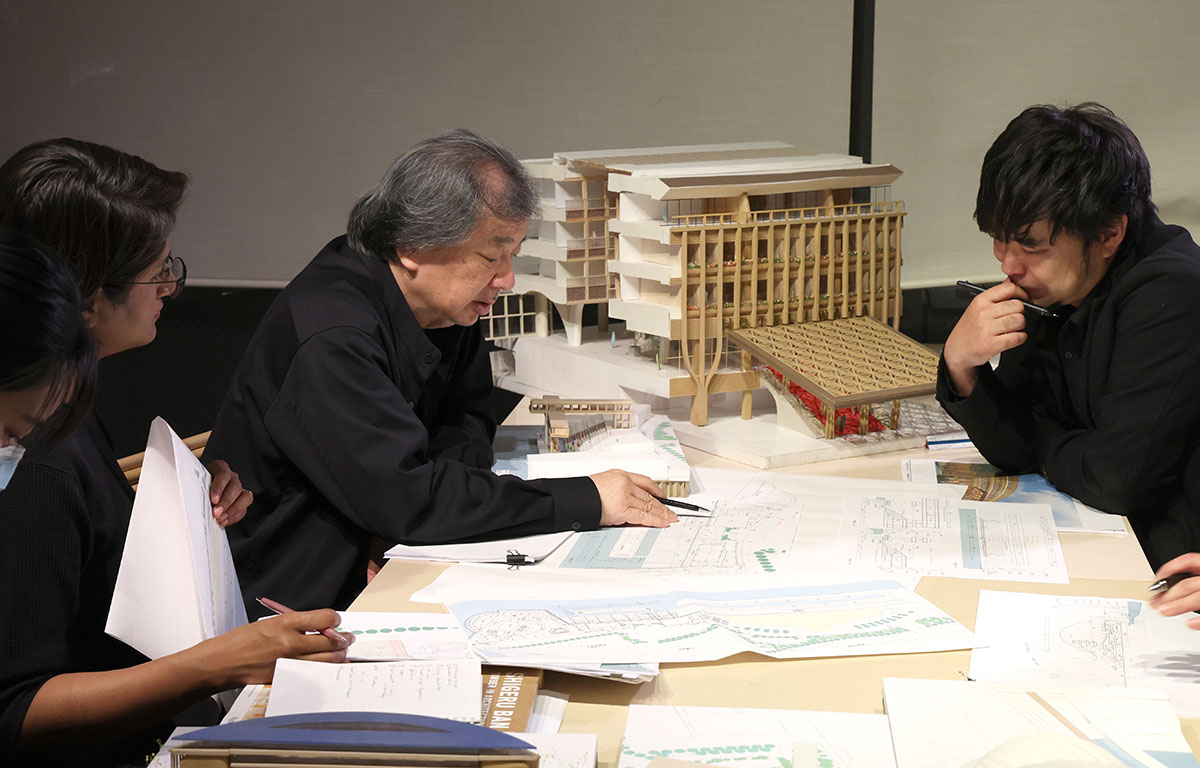 Shigeru Ban and His Works (cr: The Japan Art Association)
Shigeru Ban and His Works (cr: The Japan Art Association)
Shigeru Ban's contribution to architecture is significant for his distinctive design aesthetic and his innovative use of materials, particularly in the context of emergency intervention and humanitarian work. Born in 1957, Shigeru Ban studied at the Southern California Institute of Architecture and then at Cooper Union's School of Architecture in New York before opening his own practice, Shigeru Ban Architects, in Japan in 1985. His architectural expertise is evident in his outstanding buildings around the world, including the Centre Pompidou-Metz and La Seine Musicale of Boulogne-Billancourt, both in France, the Tamedia Office Building in Switzerland, and the Cardboard Cathedral in New Zealand.
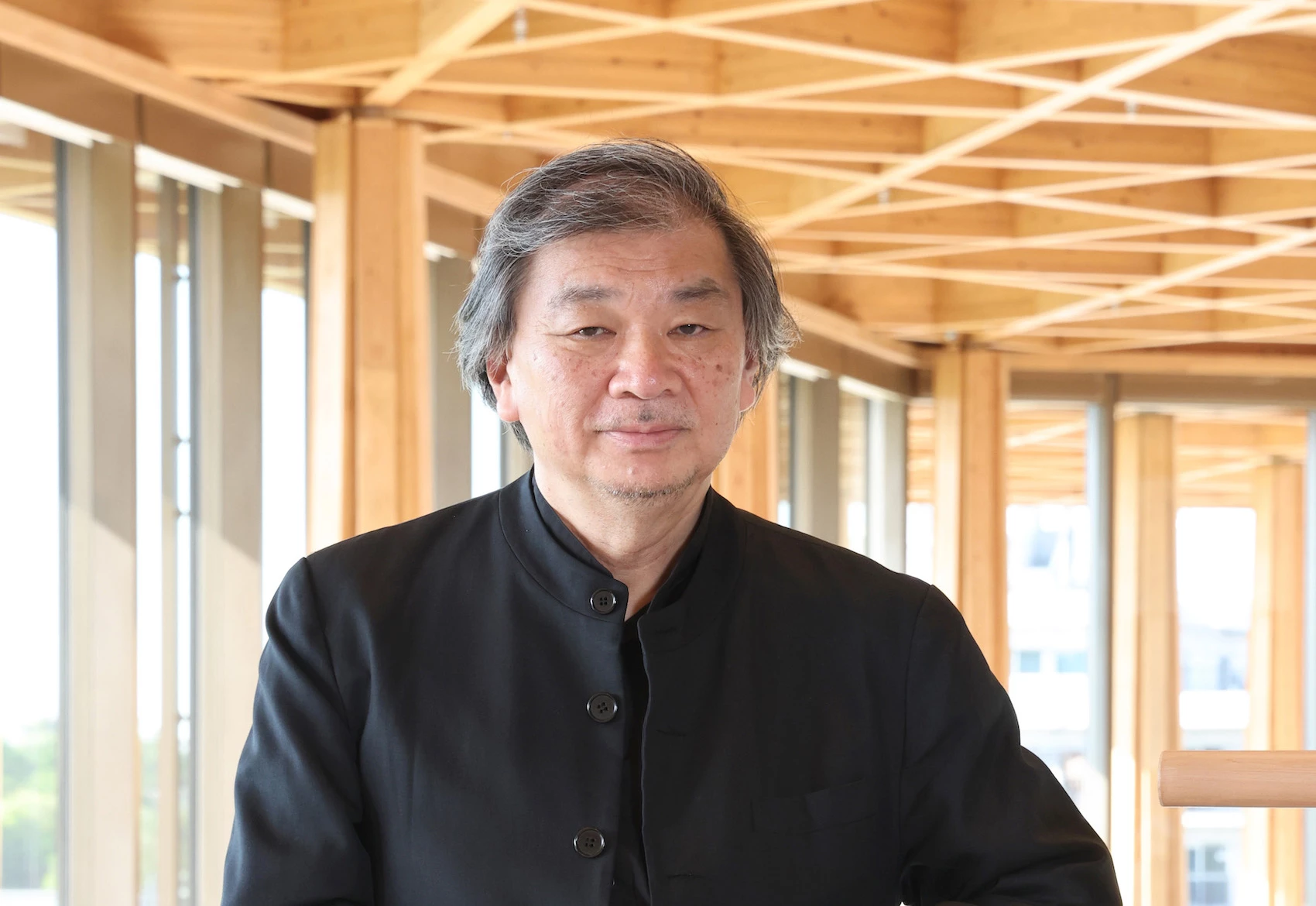 Shigeru Ban’s Potrait (cr: The Japan Art Association)
Shigeru Ban’s Potrait (cr: The Japan Art Association)
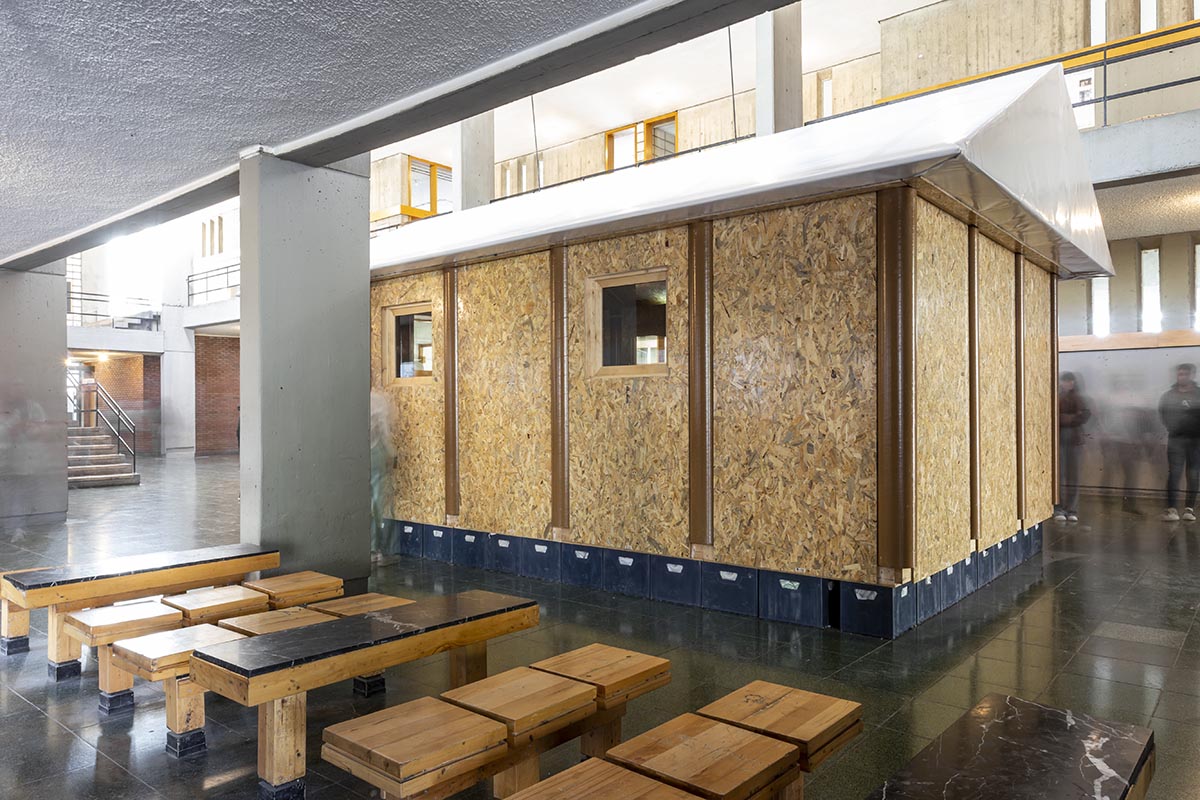 Paper Log House by Shigeru Ban (cr: Beril Kapusuz)
Paper Log House by Shigeru Ban (cr: Beril Kapusuz)
In addition, the Japan Art Association commended Shigeru Ban for his commitment to addressing humanitarian crises and emergencies worldwide by developing innovative solutions with thoughtful design and founding the non-profit Voluntary Architects Network (VAN) in 1995. For more than 30 years, VAN and Shigeru Ban Architects have collaborated in providing temporary housing, community centers and places of worship for those affected by natural disasters and armed conflicts in countries including Rwanda, Syria, Turkey, India, China, Italy, Haiti, and Ban's own country of Japan, known as the Paper Log House. Recently, Paper Partition Systems have also been provided as refugee shelters for Ukraine, Poland and Slovakia, Germany and France residents. The systems have also been installed in evacuation centers for the major earthquakes in Japan and the 2023 Turkey-Syria earthquake, prioritizing the privacy of its occupants.
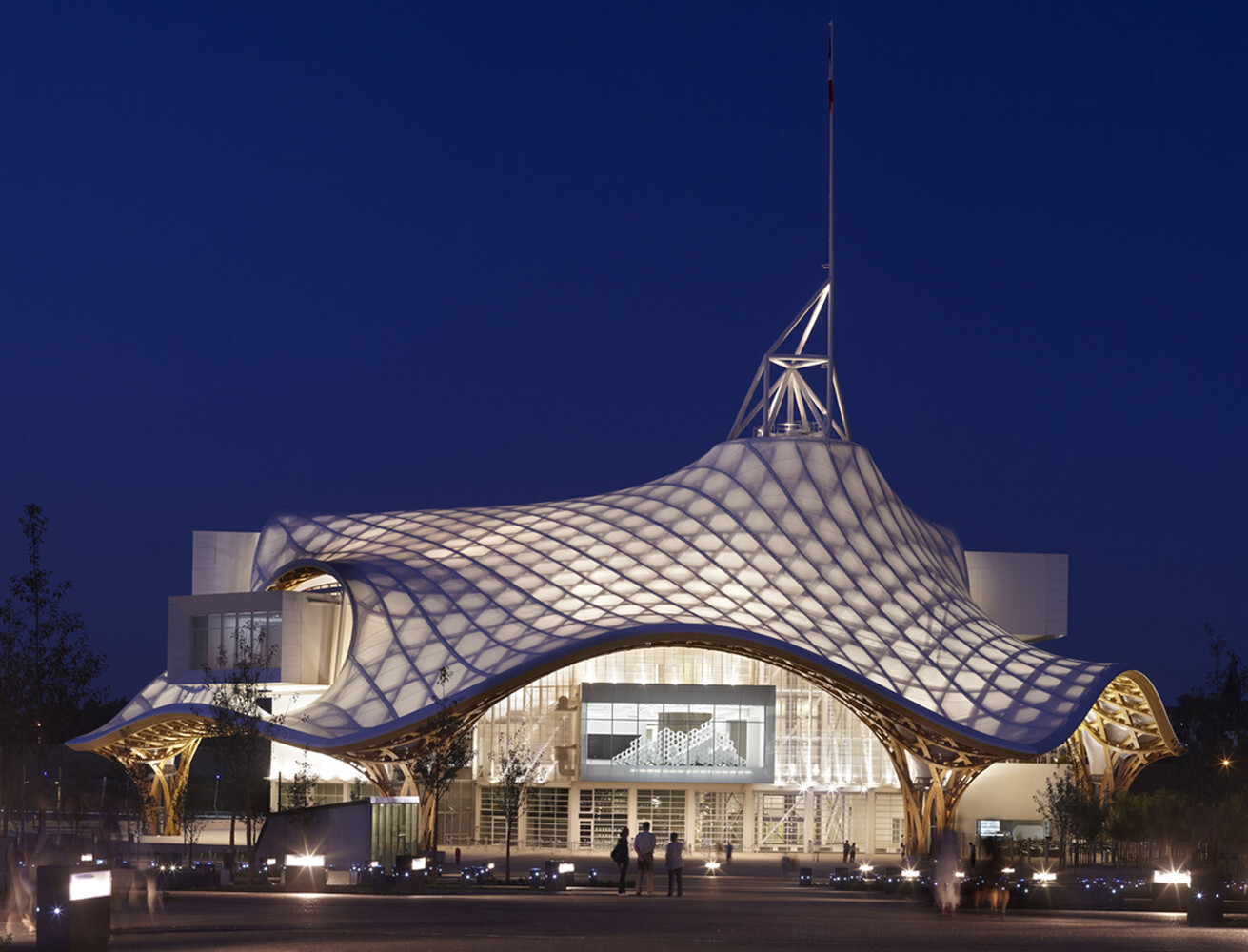 Centre Pompidou Metz (cr: Didier Boy De La Tour)
Centre Pompidou Metz (cr: Didier Boy De La Tour)
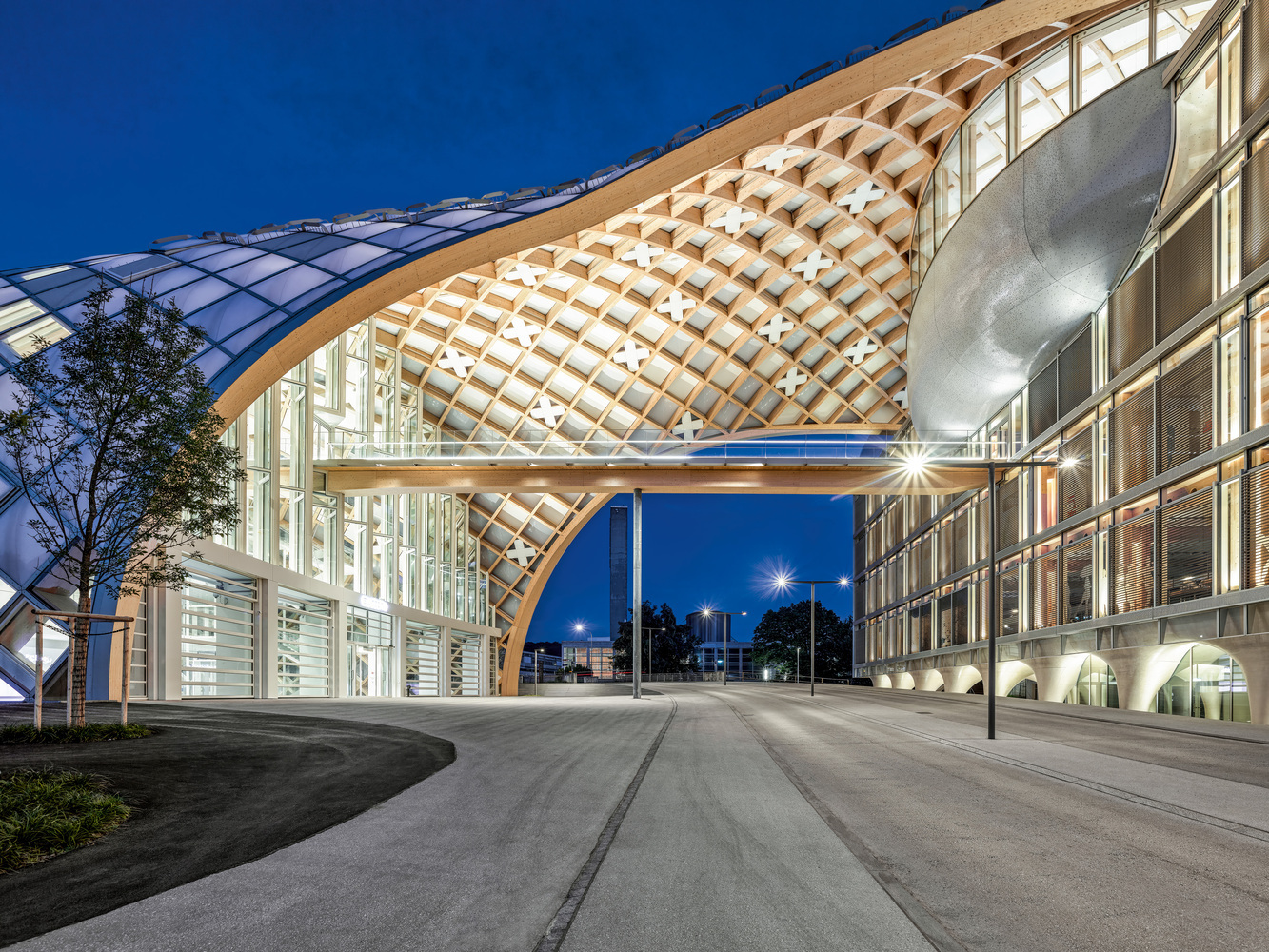 Swatch-Omega Campus Biel-Bienne, Switzerland (cr: Didier Boy De La Tour)
Swatch-Omega Campus Biel-Bienne, Switzerland (cr: Didier Boy De La Tour)
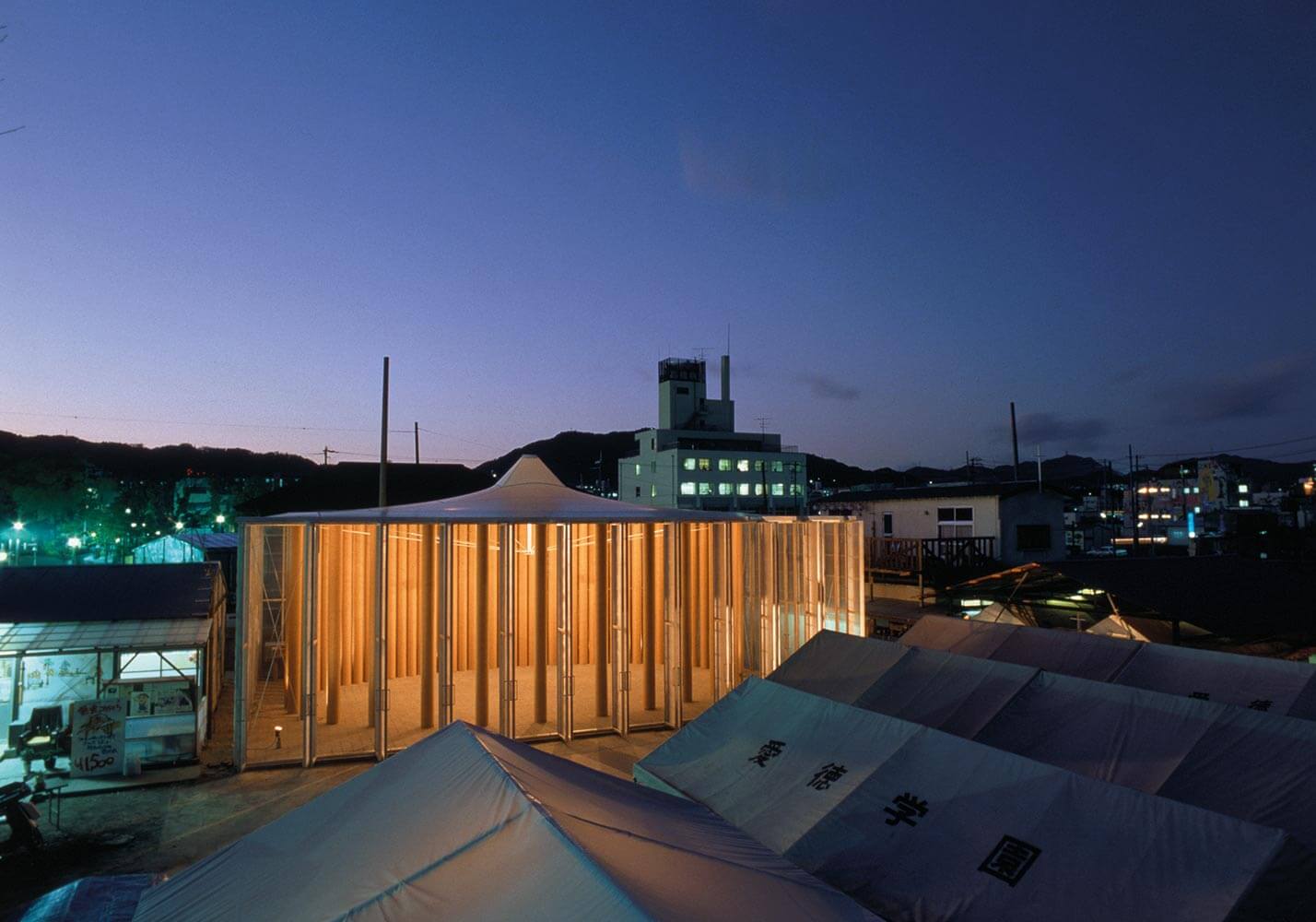 Paper Church in Kobe, Japan (cr: Shigeru Ban Architects)
Paper Church in Kobe, Japan (cr: Shigeru Ban Architects)
Shigeru Ban’s work is characterized by the creative use of unconventional materials that are cost-effective and sustainable, in line with the growing environmental awareness in architecture. One of his earliest and most famous projects is the Paper Church (1995) in Kobe, Japan, which was built as a temporary replacement for a church destroyed by the Great Hanshin earthquake. It illustrates that his architecture can serve immediate needs while being flexible and sustainable. In addition to his humanitarian work, Ban’s projects often use local materials in distinctive ways, resulting in signature works such as the Centre Pompidou-Metz in France or the Swatch and Omega Campus in Switzerland. Shigeru Ban has also received numerous professional awards throughout his career, including the Pritzker Architecture Prize in 2014, the 2017 Mother Teresa Award for Social Justice, and the Princess of Asturias Award in 2022, further recognizing his innovative approach and commitment to sustainability and humanity. With all his contributions and achievements in the field of architecture, it is no wonder that Shigeru Ban is very deserving of the 35th PraemiumImperiale Award for Architecture.


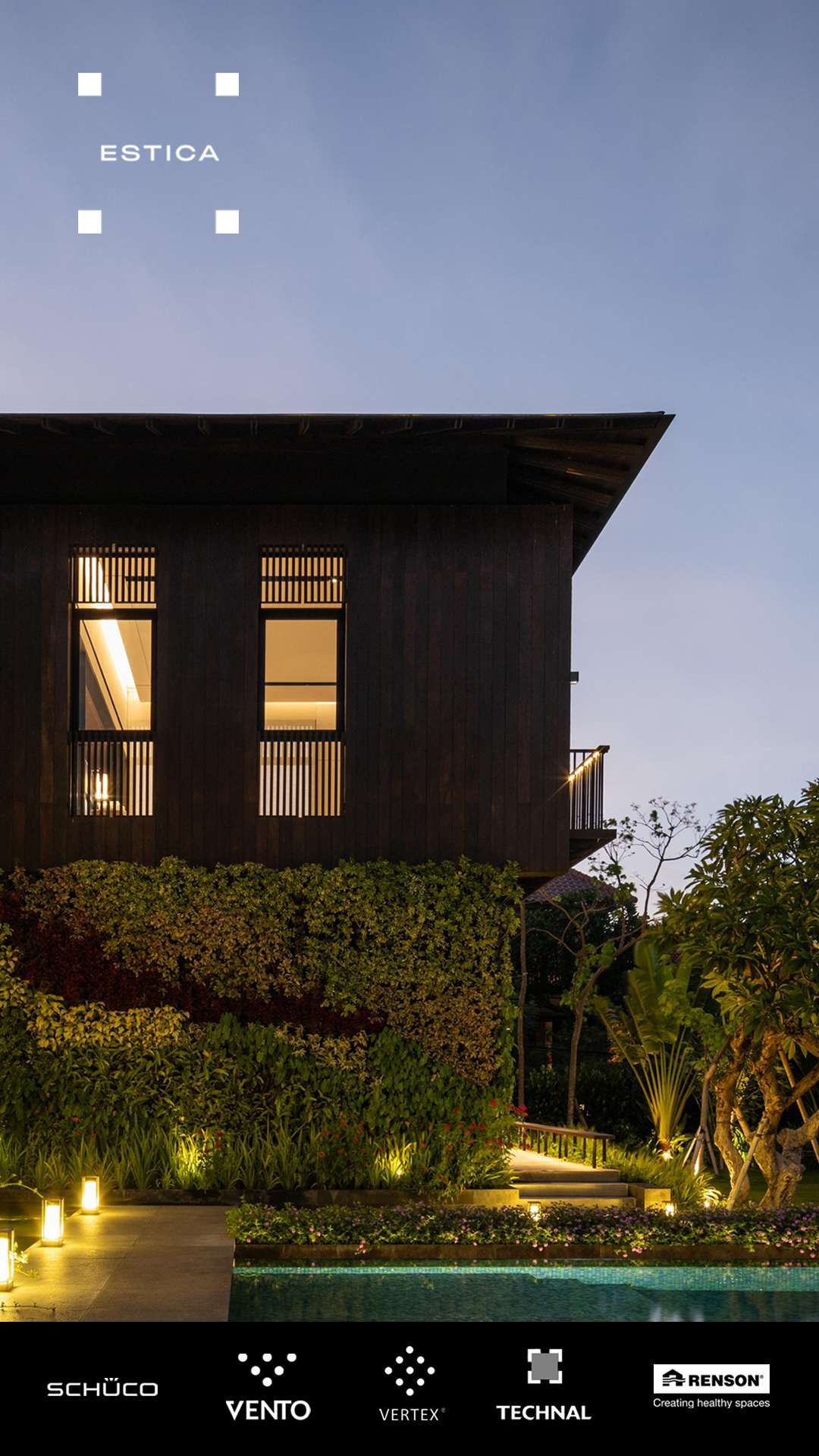

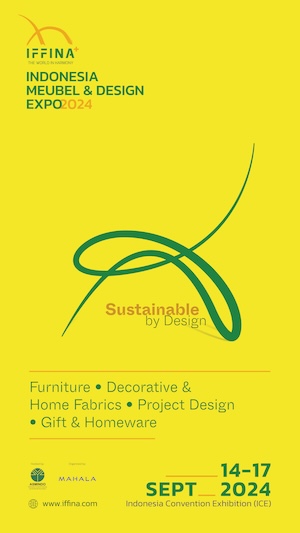
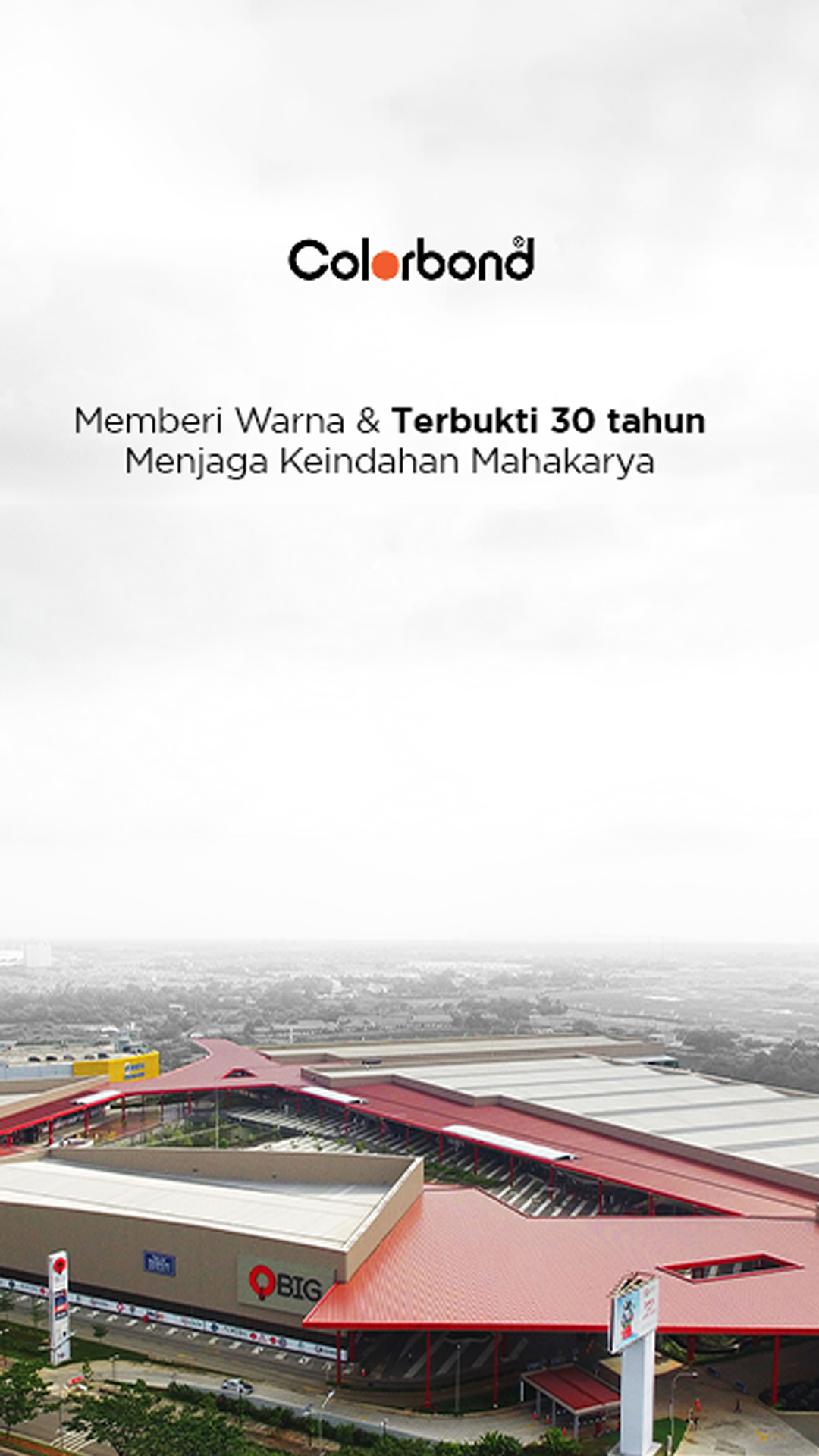
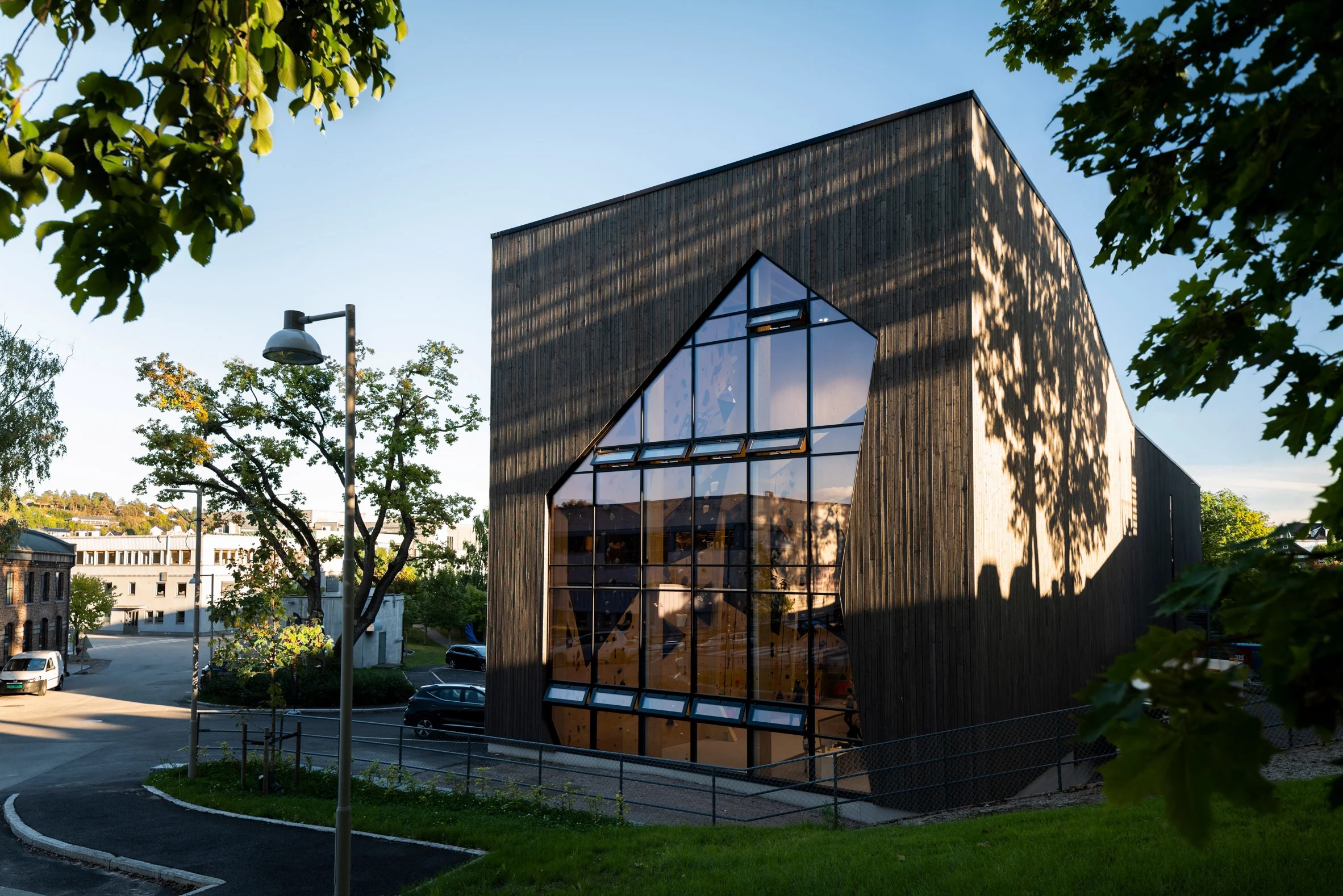
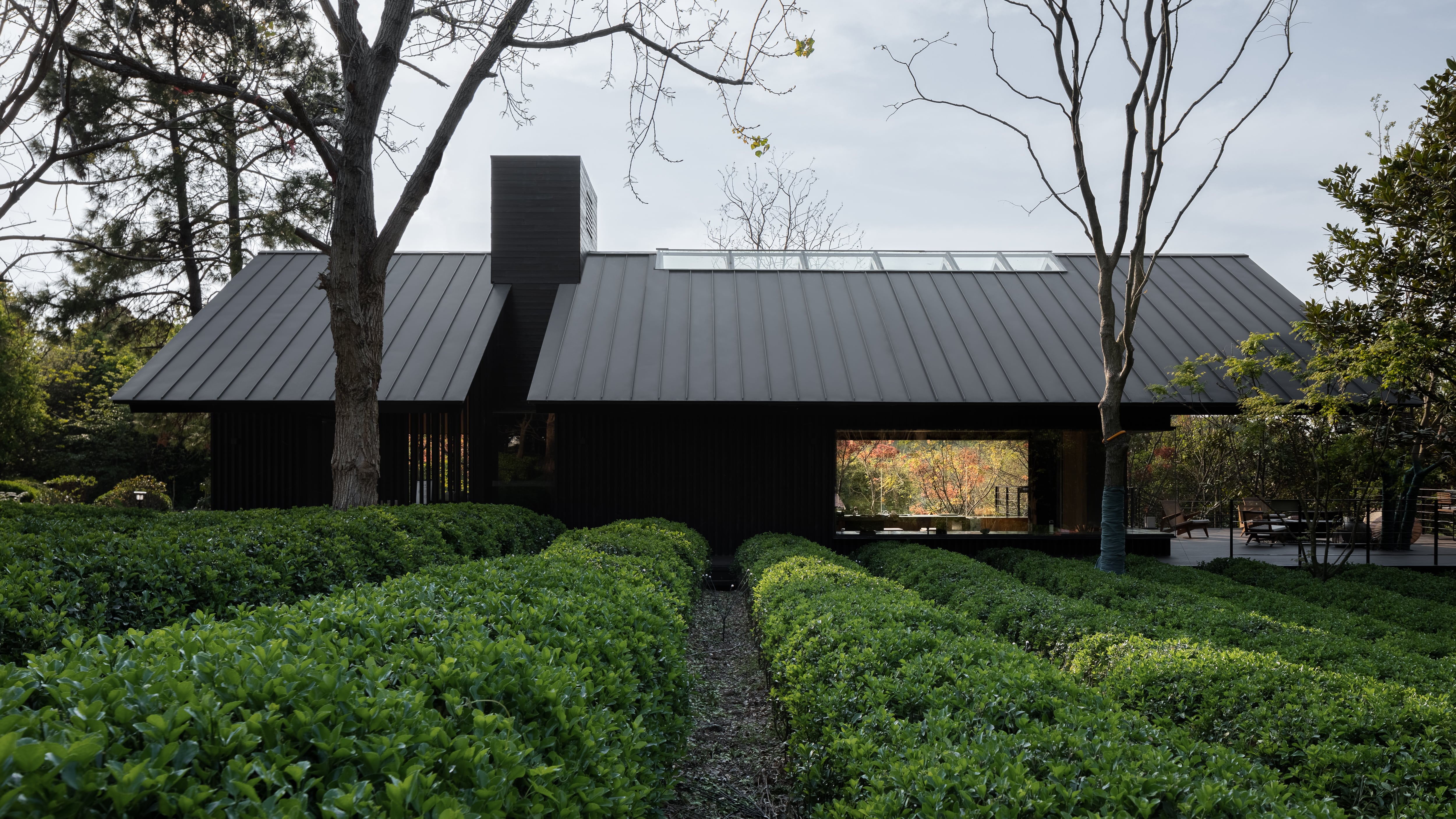

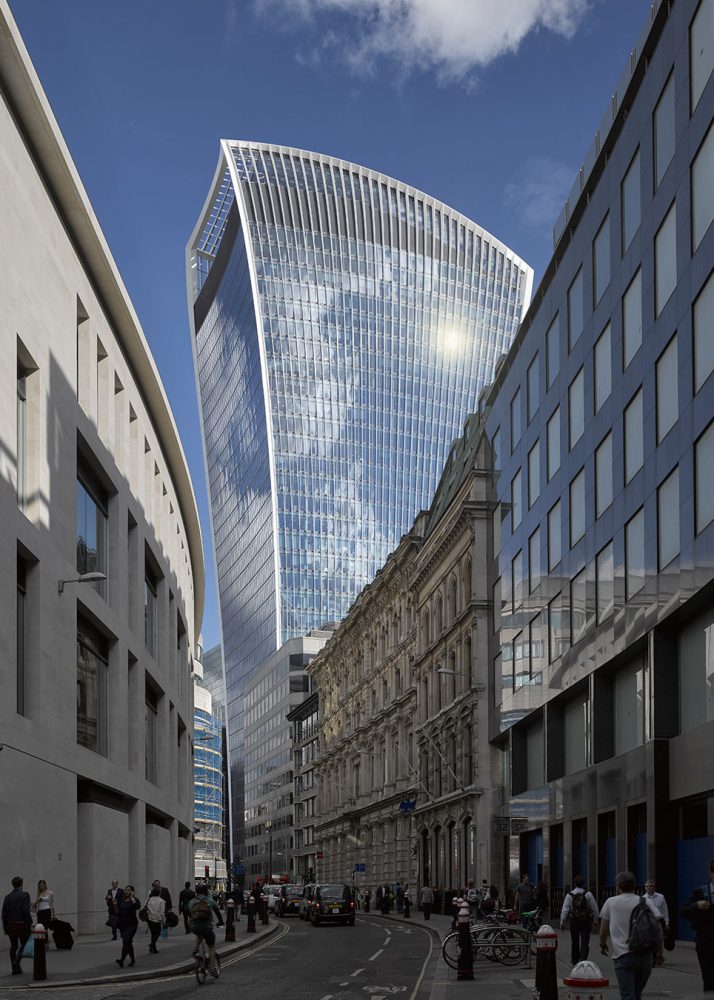
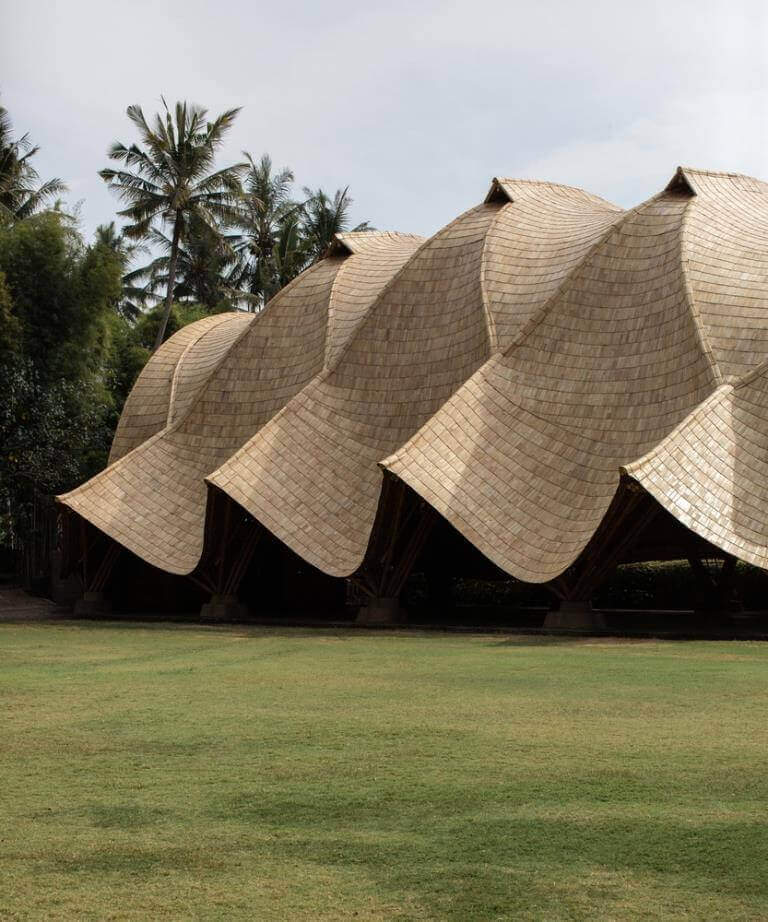
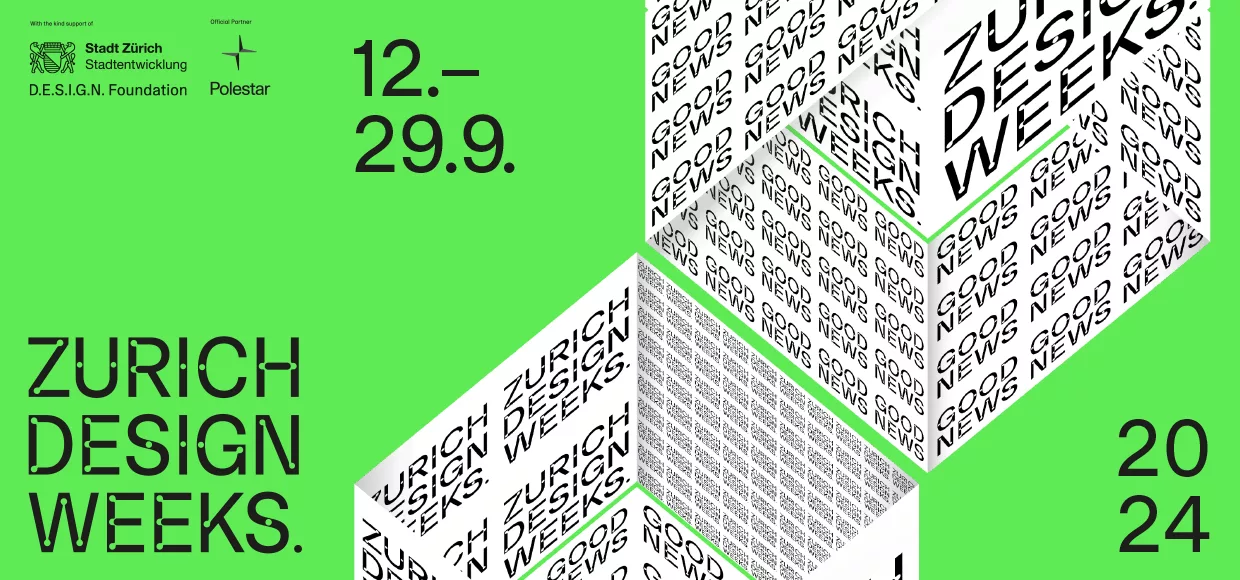
Authentication required
You must log in to post a comment.
Log in